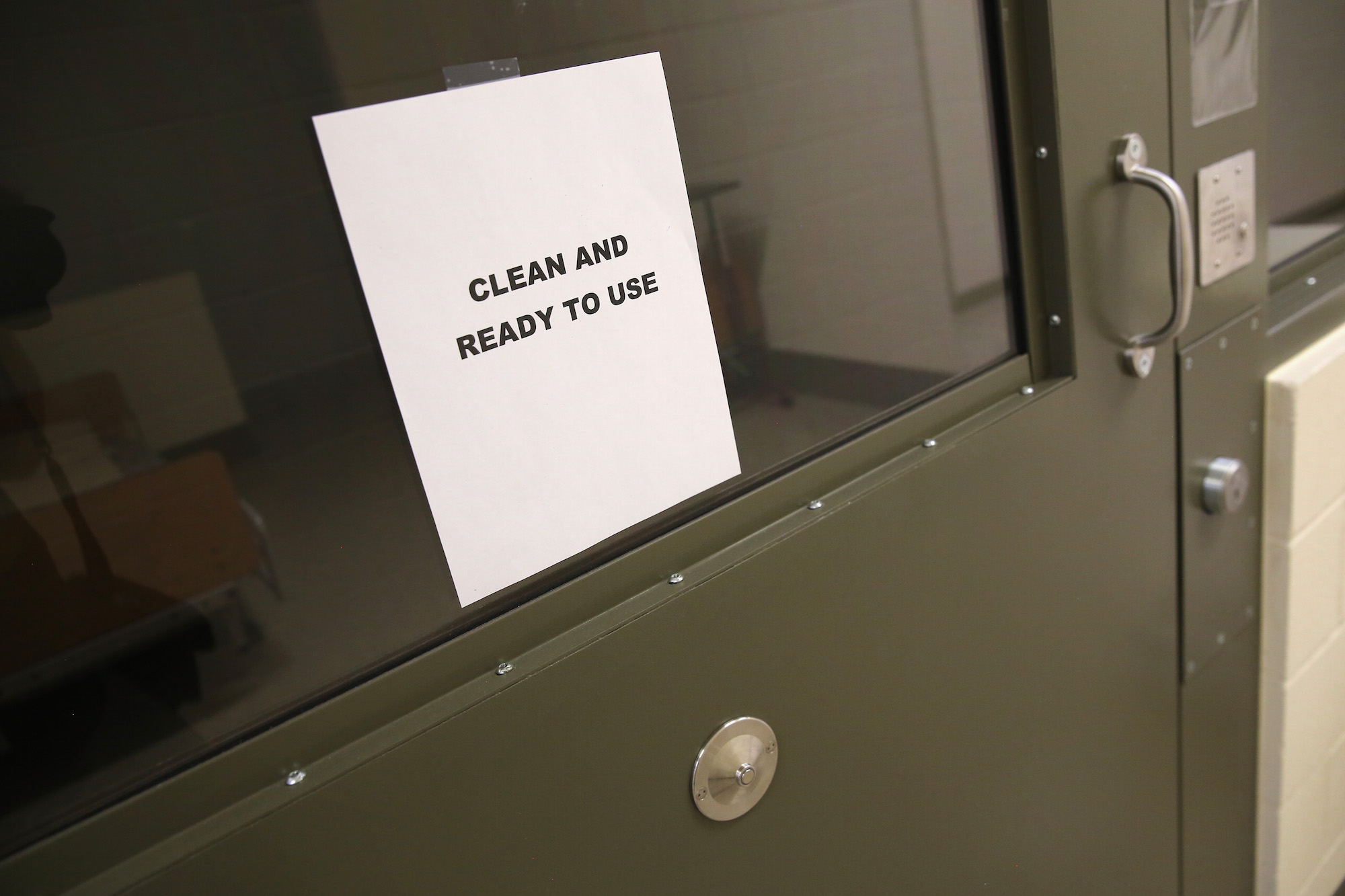
ICE detention centers pose a further challenge to containing the coronavirus
Prisons and detention centers in general have a history of spreading disease quickly because of overcrowding and medical negligence.
As COVID-19 shuts down more and more aspects of American life across the U.S., one controversial part of it remains a growing concern for officials and watchdogs alike regarding the novel virus’ spread.
Much like the rest of the country, prisons are also woefully equipped to handle a potential outbreak of coronavirus.
A part of that system are more than 200 private and public centers that house immigrants detained by U.S. Immigration and Customs Enforcement (ICE).
In addition to overcrowding in close quarters, many of these facilities have also been called out by watchdogs for lack of hygiene and medical negligence.
All three factors make detention centers potential hotbeds for fast COVID-19 spread.
So far, only two have seen their operations affected by the outbreak. In mid-February, an individual at a facility in San Diego, California was evaluated for coronavirus symptoms, but was returned to ICE custody and placed in isolation.
The other facility affected was in New York City, which shutdown for 14 days for fears a staff member contracted the virus not long after it first appeared in the Big Apple. No detainees were confirmed to have the virus.
Prisons in general — and not just in the U.S. — have struggled throughout history with outbreaks of smallpox, hepatitis c and pneumococcal disease to name a few.
Five cases of mumps found in different immigration detention centers in September 2018, exploded to almost 900 cases among detainees and staff by August 2019.
Early federal response to the coronavirus is vague. The Bureau of Prisons (BOP) declined to elaborate much to ABC News about its strategy because of “the fluid nature of the virus.”
Their “comprehensive approach” seems to be relying on systems already in place. The BOP has a web-based platform it uses to report infectious diseases and outbreaks, and is also informing staff of best hygiene practices as part of its preventative measures.
RELATED CONTENT
However, the approach does not mean the BOP is currently stocking COVID-19 testing kits.
In the absence of much federal direction, most states with growing coronavirus cases have suspended or limited visitation within their detention facilities.
Regarding U.S. migrant detention centers, Brown University epidemiologist Dr. Josiah Rich told The Guardian that the U.S. should go the same route as Iran and release some of its detained population waiting on legal processing.
The Middle-Eastern country has been the most infected by COVID-19 outside of China and Italy, and recently released 70,000 prisoners in an effort to combat its spread.
“If we really don’t need them to be there, get them out of there,” said Rich about the detained migrants. “Do we really need to expose them to additional health risks? And expose them to each other and the staff?”
According to data from ICE, there are close to 38,000 people detained in facilities across the country.
Support for ideas like Rich’s is growing across the country as the coronavirus spreads.
In an op-ed for Al Jazeera, Juanita E. Mantz, a deputy public defender in San Bernardino, California, acknowledged the coronavirus as a “world health crisis,” but was quick to point out that “its effect will be most devastating on some of the vulnerable and powerless — those being held in our prisons.”
Included in that, are those held helpless as a result of failures in our immigration system.











LEAVE A COMMENT: